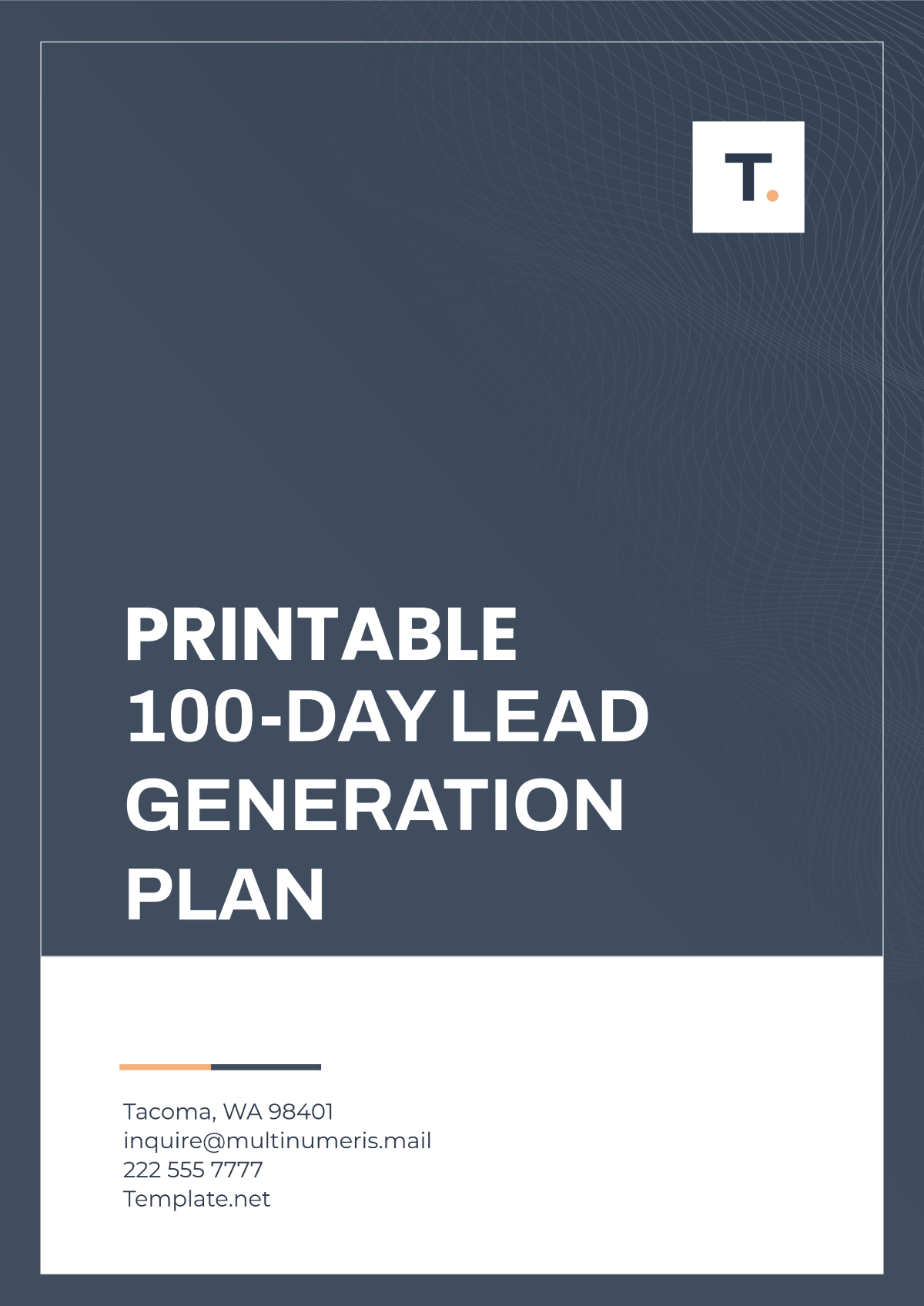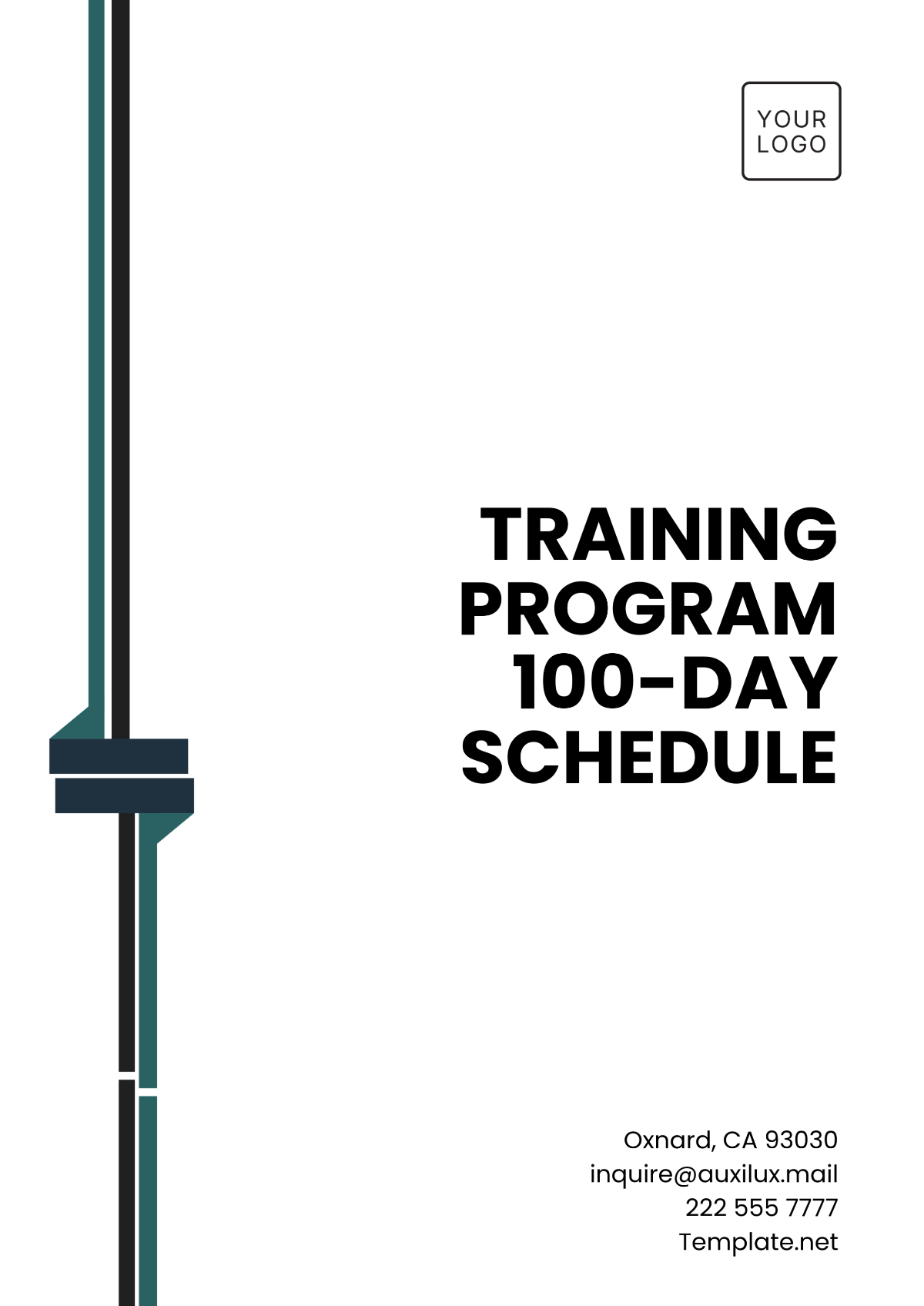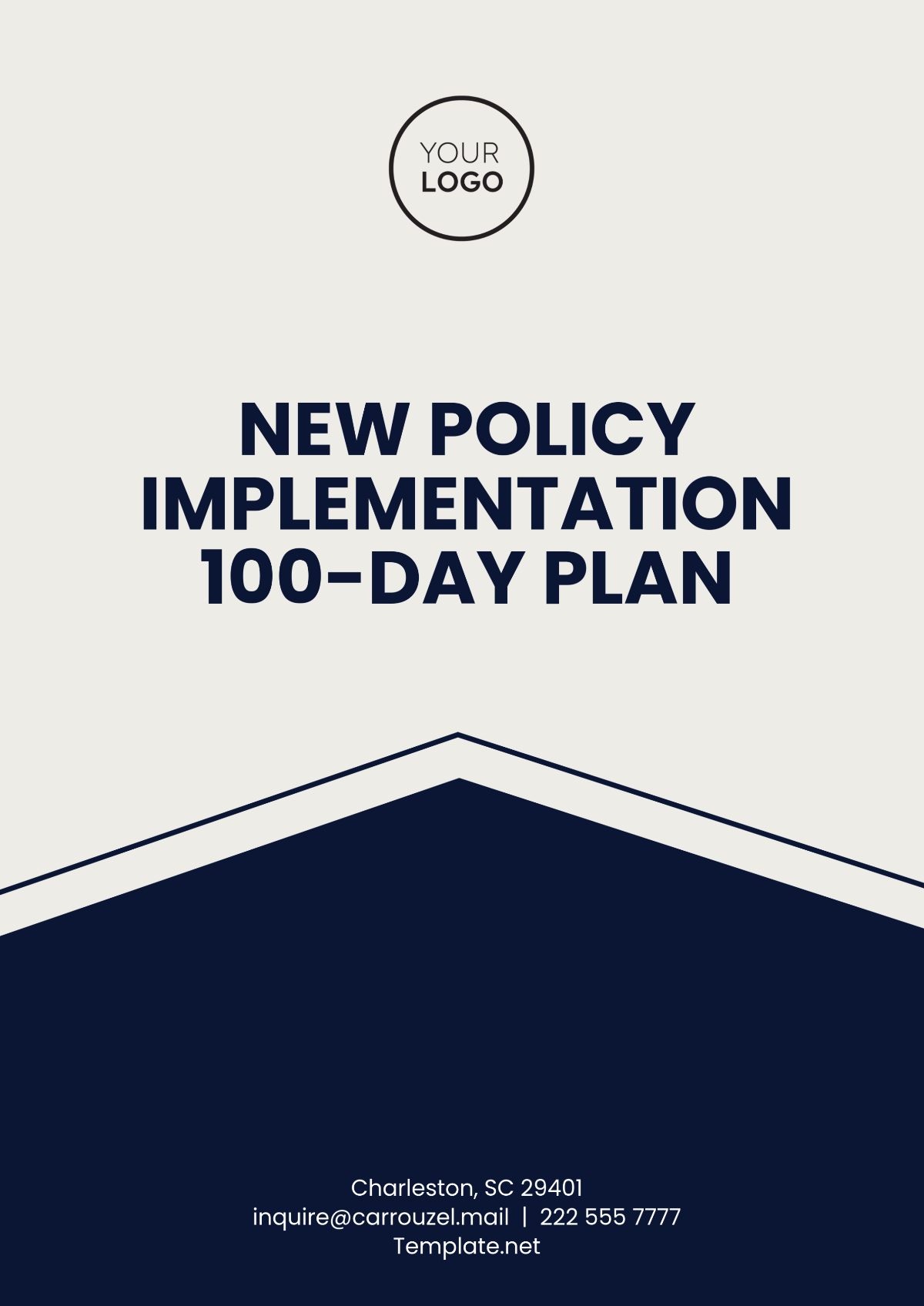Sample Sales Strategy 100-Day Plan
Introduction
The 100-day sales strategy plan is designed to provide a structured approach to achieving short-term sales goals while laying the foundation for long-term success. This plan is particularly valuable for a new sales team or leadership transitioning into a role, helping them focus on the right priorities to drive performance and build momentum.
Day 1-30: Establishing Foundation and Immediate Actions
Objectives
Build an understanding of the company’s products, services, and sales processes.
Assess the current sales team’s strengths and weaknesses.
Set clear short-term goals for sales performance.
Key Actions
Orientation & Training
Complete product/service training and familiarize yourself with sales materials.
Conduct meetings with key internal departments (e.g., marketing, customer service, product development) to align on objectives.
Team Evaluation
Review team performance data, individual skill levels, and sales pipelines.
Conduct one-on-one meetings with each sales team member to understand their goals, challenges, and potential.
Competitive Analysis
Research key competitors and understand their sales tactics.
Identify areas where your team can differentiate and capitalize on competitive advantages.
Sales Tools and CRM Setup
Ensure CRM systems and sales tools are set up and that the team is trained on how to use them effectively.
Begin tracking key metrics such as conversion rates, average deal size, and customer acquisition costs.
Initial Sales Outreach
Start targeting a list of high-priority prospects to assess the sales process.
Introduce yourself to existing customers and prospects through calls, emails, or meetings.
Expected Outcomes
A clear understanding of product offerings and sales tools.
Initial assessment of the team’s capabilities and immediate gaps.
Establishment of key sales metrics to monitor performance.
Day 31-60: Refining Sales Strategy and Building Relationships
Objectives
Enhance sales team skills and processes.
Begin executing a refined sales strategy based on findings from the first 30 days.
Build and strengthen relationships with key clients and prospects.
Key Actions
Sales Process Refinement
Analyze and streamline the sales pipeline process.
Introduce or revise sales techniques based on team feedback and market research.
Sales Coaching and Development
Provide individualized coaching to team members, focusing on areas of improvement identified in previous evaluations.
Offer regular group training sessions or workshops to enhance team skills.
Customer Relationship Management
Reach out to existing customers to nurture relationships and identify upsell/cross-sell opportunities.
Schedule follow-up meetings with top prospects to move them further down the sales funnel.
Sales Collateral Optimization
Review and improve sales presentations, proposals, and pitch materials.
Ensure all team members have access to up-to-date materials.
Pipeline Review
Conduct weekly pipeline reviews to monitor progress, address obstacles, and prioritize deals.
Begin implementing targeted campaigns based on insights from the sales team and prospects.
Expected Outcomes:
Refinement of the sales process, making it more efficient and effective.
Improved sales skills and confidence within the team.
Strengthened relationships with key clients and prospects.
Day 61-90: Scaling Operations and Optimizing Performance
Objectives
Scale up sales activities and ensure consistent performance.
Focus on closing key deals and expanding the customer base.
Leverage data to continuously refine and improve sales processes.
Key Actions
Performance Optimization
Monitor individual and team performance, and adjust strategies for underperforming team members.
Review sales metrics such as conversion rates, lead qualification, and time-to-close, and identify optimization opportunities.
Targeted Outreach Campaigns
Implement specific campaigns to reach untapped market segments or verticals.
Focus on high-value prospects and decision-makers with personalized outreach efforts.
Sales Funnel Management
Tighten control over the sales funnel, ensuring that leads are consistently followed up and deals are progressing.
Introduce regular “win/loss” analysis to identify patterns and improve sales approaches.
Collaboration with Marketing
Work closely with the marketing team to align lead generation efforts and ensure high-quality leads are passed to the sales team.
Ensure that marketing materials are consistently updated and optimized for sales efforts.
Review and Optimize Sales Incentives
Evaluate the current sales incentive structure and make adjustments to motivate top performers.
Introduce performance-based incentives or bonuses based on meeting key sales targets.
Expected Outcomes
Increased sales volume and a healthier pipeline.
Enhanced collaboration between sales and marketing teams.
Improved deal closure rates and stronger overall performance.
Day 91-100: Consolidating Gains and Preparing for Long-Term Success
Objectives
Solidify the gains achieved in the first 90 days.
Prepare for ongoing growth and refine the long-term sales strategy.
Ensure that sales processes and team performance remain sustainable.
Key Actions
Review and Reflect
Conduct a comprehensive review of the past 100 days with the sales team, identifying successes, challenges, and areas for improvement.
Gather feedback from customers, sales team members, and other stakeholders to assess the effectiveness of the sales approach.
Long-Term Sales Strategy Development
Based on the insights from the first 100 days, develop a long-term sales strategy for the next quarter or year.
Set goals for the next phase of growth, including revenue targets, new markets, or customer retention initiatives.
Team Recognition and Motivation
Celebrate successes within the team and recognize individual contributions.
Provide additional coaching and training for continued development.
Sustaining Sales Performance
Put in place systems to sustain sales performance, including regular performance reviews, ongoing training, and continuous process improvements.
Plan for Scale
Develop a plan for scaling the sales team or expanding sales efforts if growth targets are met.
Explore new tools, technologies, or methodologies that can improve the sales process further.
Expected Outcomes
A clear roadmap for future sales growth and team development.
Optimized sales processes that can be maintained and scaled.
A highly motivated, skilled, and cohesive sales team.
Conclusion
The Sample Sales Strategy 100-Day Plan prepared by [YOUR COMPANY NAME] provides a structured approach to building a strong, efficient sales team that can drive revenue growth and meet business objectives. By focusing on establishing a solid foundation, refining strategies, and scaling operations, the plan helps ensure that sales performance improves consistently over time.































